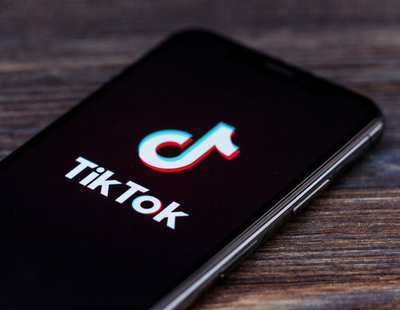There was a prime example just a few months ago when some of the biggest international brands around had their contingency plans put to the test.
Back in October, during Paris Fashion Week, Kanye West (‘Ye’- as he prefers to be known) posed in a T-shirt with the slogan, ‘White lives matter’ and then embarked on a series of conspiracy theories and antisemitic rants on a number of platforms.
His outburst could, of course, be seen as a critical incident for his own companies. But what about the rest – the many companies and organisations with whom he had lucrative marketing arrangements?
Very quickly, they found themselves having to back away.
These included:
· Record label Def Jam
· Design house Balenciaga
· Talent agency CAA
· Production company MRC
· Footlocker
· Adidas
· JP Morgan Chase
It has been reported that the personal loss to Ye has cost him his billionaire status. But what about the cost to all those companies that distanced themselves from him?
The only reason they were able to back away was because they had contingency written into his contract in the first place. That is why they were able to assess the damage of the statements against the potential reputational impact caused by continuing a relationship with the star and then sever all ties.
And then the marketing contingency plan went into action – all of a sudden, social media posts, press releases, press conferences, TV and radio interviews, paid for advertisements dominated the media…They used every platform possible to get the message out there that they had taken action. They were in contingency mode.
That is the nature of a marketing contingency plan – consider a scenario, anticipate the consequences and identify a course of action to minimise the damage.
Here are some examples:
· A conveyancing firm uses a courier to distribute contracts to buyers and sellers. The courier’s drivers go on strike. What do they do?
· An estate agent’s website crashes. Clients can’t request bookings. What do they do?
· A SaaS company suffers a technical glitch and is unavailable for two days. What do they do?
The smart answer is they put the marketing contingency plan into action. Everybody should know immediately who is responsible for doing what to let the stakeholders know what’s going on.
Whatever the incident, comms is critical to the solution and speedy transparency will protect reputation. It’s not just that everybody needs a marketing contingency plan. Everybody needs to know about it, too.
For more information about building a contingency plan within your marketing strategy, Angels Media can assist you. Please email lee@angelsmedia.co.uk or call us on 020 663 4989 so we can work on the best strategy for you.
*Lee Dahill is Director of Sales and Brand Management at Angels Media, publishers of the Today sites













.png)


.png)



Join the conversation
Be the first to comment (please use the comment box below)
Please login to comment